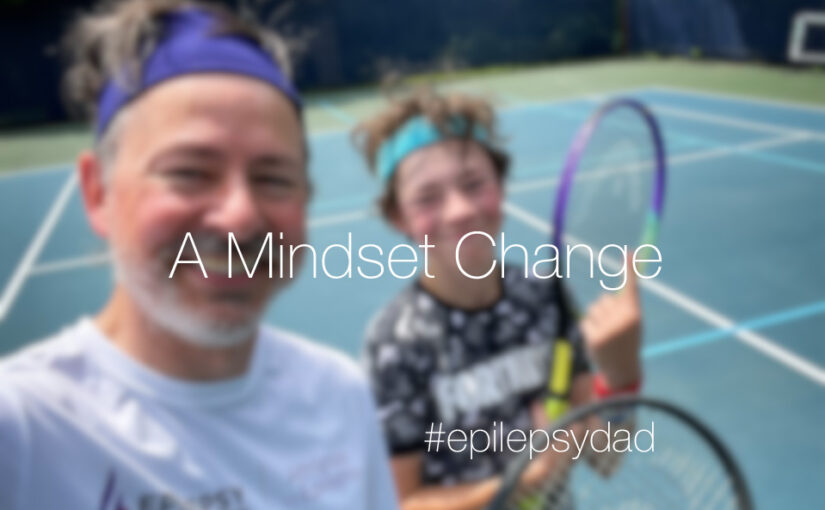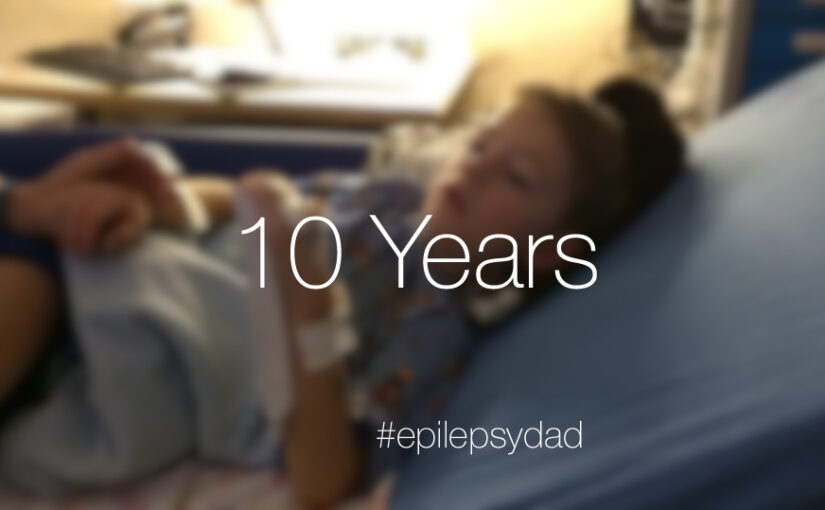A few weeks ago, my tennis coach suggested that I switch to a two-handed backhand.
Growing up in Florida, I have played tennis for most of my life. However, it was only a few years ago that I started taking lessons. Before that, like most kids, I just figured it out. There was no proper technique, and my swings developed organically to be serviceable enough to get the ball back over the net consistently. Even without a perfect swing, my speed allowed me to cover the court well, resulting in many years of enjoyable, semi-competitive tennis.
My backhand was my weaker side, but my one-handed swing had a natural slice I could take advantage of by turning it into a drop shot with heavy backspin. It would be difficult for my opponent to react when I hit that shot, especially if they were further back on the court. The downside, however, was that I didn’t have a powerful, controlled backhand to push my opponent, meaning if I didn’t hit the drop shot, they could usually return it.
After a few years of working on my one-handed backhand, I had improved the power and control and reduced the amount of slice, but the lifetime of muscle memory continued to creep into my swing. Rather than continue fighting against that programming, my coach suggested I try something completely different.
Switching to the two-handed backhand was like starting from scratch. The grip on the racquet was completely different. My body position and the angle at which I approached the ball changed, and initially, I couldn’t hit the ball cleanly. I would be too close to or too far from the ball, and it would make contact with the frame or neck of the racquet. When I made contact, I launched it off the court or into the net. It felt as if I had never played tennis before.
After a few minutes, the ball started to carry over the net and land in the court. At first, it seemed random, but then more and more balls landed in. Although not perfect, I had a usable new two-handed backhand by the end of that lesson.
After years of working on my previous backhand, it seemed strange to make so much progress so quickly. It’s not that my old swing hadn’t improved with the effort, but progress was slow because so much energy was spent unlearning bad habits, which added friction to the process. But with a completely different swing, I had no bad habits to unlearn. I could focus on building something new rather than bending the old way of doing things.
It is difficult to know when to try to improve what isn’t working or when to stop and try something new. The old way is familiar and comfortable, even if it’s not working. It often feels like an epiphany is right around the corner that will get you over the hump. The sense of progress and a breakthrough always around the corner can be a trap that keeps you on a slow backroad when there is a highway that can get you to your destination faster.
Part of the mindset change is picking the right destination. When I started, my goal seemed to be improving my existing backhand, but that prescribes a specific solution and limits other possibilities. Instead, my goal should have been to become a better tennis player. That simple mindset change opened up other options to help me reach my goal, including the option to throw away my old backhand and learn a completely new one. That approach took me out of my comfort zone and off those familiar backroads, but I can still see my destination ahead of me, and I’m getting there much faster on the highway.
The same mindset change works in other environments, too. At work, there are often solutions looking for problems or the wrong problems being chased. Especially when the solution is prescribed by a person of influence, it can be hard to get an organization to stop and consider a change in mindset. Successful companies can ask the right questions and adjust their course.
The ability to adjust course is also important at home, especially with a child with special needs. Forcing my son to use traditional methods to improve his academics didn’t work, especially if the goal was to have him be successful in a traditional environment. Even if he was making incremental progress with those methods, it was a backroad to a destination we would likely never reach. Instead, exploring other approaches led us to find a school tailored to unique learners, and taking a different approach dramatically improved his reading, comprehension, and math.
Of course, it’s not always that easy. My son loves hockey and has a personal goal to make it into the NHL, but his physical limitations make that an impossibility, at least as a player. It’s unlikely that any mindset change will give him the balance and stamina he needs to become a proficient skater and player. However, there are many ways to be involved in the NHL, such as as a trainer, coach, or other support staff. There are also ways to play hockey that don’t involve skating, such as ball hockey. In that case, a mindset change helps focus on an achievable destination and opens up a world of options to help reach it.
If you change the way you look at things, the things you look at change.
Wayne Dyer


